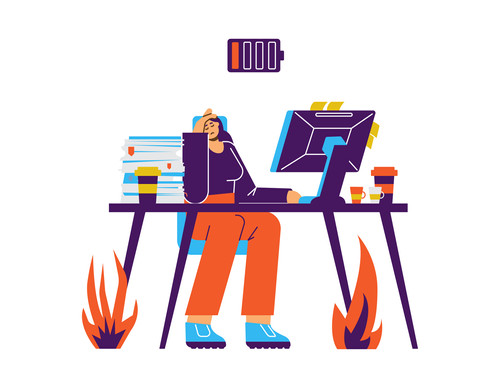Baumert, J., Kunter, M., Blum, W., Brunner, M., Voss, T., Jordan, A., Klusmann, U., Krauss, S., Neubrand, M., & Yi-Miau, T. (2010). Teachers’ mathematical knowledge, cognitive activation in the classroom, and student progress. American Educational Research Journal, 47(1), 133–180.
Benson, B. (2016). Cognitive bias cheat sheet – An organized list of cognitive biases because thinking is hard. Verfügbar unter: https://betterhumans.pub/cognitive-bias-cheat-sheet-55a472476b18#.axuaup24z (zuletzt abgerufen am 14.02.2024)
Brophy, J. (2000): Teaching. In: Educational practices series, Bd. 1.
Cherry, K. (2022). What Is Cognitive Bias? Verfügbar unter: https://www.verywellmind.com/what-is-a-cognitive-bias-2794963 (zuletzt abgerufen am 14.02.2024)
Greeno, J. G. (2006). Theoretical and practical advances through research on learning. In Y. L. Green, G. Camilli, P. Elmore, A. Skukauskaite & E. Grace (Hrsg.), Handbook of complementary methods in education research (S. 795–822). Washington DC: American Educational Research Association.
Hardy, I., Jonen, A., Möller, K., & Stern, E. (2006). Effects of instructional support within constructivist learning environments for elementary school students’ understanding of „floating and sinking.“. Journal of Educational Psychology, 98(2), 307–326.
Herbert, B.; Schweig, J. (2020): Erfassung des Potenzials zur kognitiven Aktivierung über Unterrichtsmaterialien im Mathematikunterricht. In: ZfE 24, S. 955–983.
Hiebert, J., & Carpenter, T. P. (1992). Learning and teaching with understanding. In D. A. Grouws (Hrsg.), Handbook of research on mathematics teaching and learning (S. 65–97). New York: Macmillan.
Hiebert, J., & Grouws, D. A. (2007). The effects of classroom mathematics teaching on students’ learning. In F. K. Lester (Hrsg.), Second handbook of research on mathematics teaching and learning (1. Aufl., S. 371–404). Charlotte: IAP.
Lipowsky, F. (2015). Unterricht. In E. Wild & J. Möller (Hrsg.), Pädagogische Psychologie (S. 69–105). Berlin: Springer.
Lipowsky, F., & Bleck, V. (2019). Was wissen wir über guten Unterricht? – Ein Update. In U. Steffens & R. Messner (Hrsg.), Unterrichtsqualität: Konzepte und Bilanzen gelingenden Lehrens und Lernens (Bd. 3). Münster: Waxmann.
Mayer, R. E. (2004). Should there be a three-strikes rule against pure discovery learning? American Psychologist, 59(1), 14–19.
Reusser, K., Lipowsky, & Pauli, C. (2021). Eine kognitiv aktivierende Lernumgebung gestalten. PÄDAGOGIK, Heft 11/21, 6-13.

